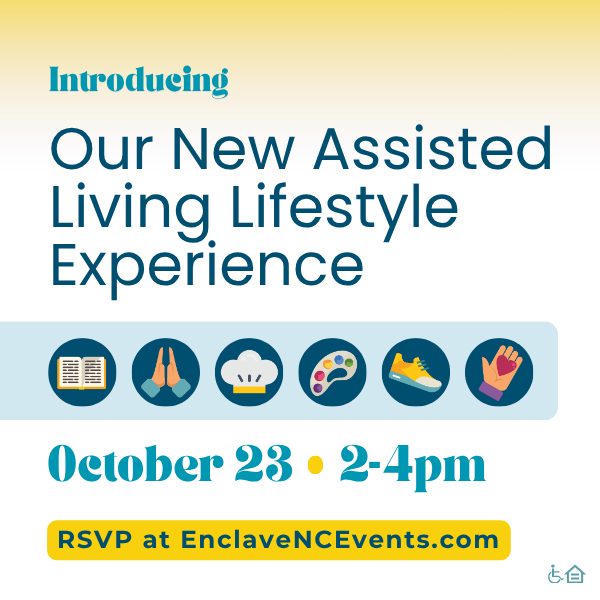Many family members and adult children consider memory care for loved ones diagnosed with dementia. But that doesn’t mean an end to the relationship. Even though dementia can affect a loved one’s memory, frequent visits can have many benefits, such as social interaction.
You want to provide the support they need, but you may wonder if there’s such a thing as visiting someone with dementia too much. With dementia progression, too many visitations can lead to overstimulation, fatigue, and behavioral changes. Balancing these visits can help strengthen your relationship and safeguard your loved one’s well-being.
What Is Dementia?
Dementia is a broad term referring to various conditions affecting cognitive function, memory, and the ability to carry out everyday tasks in older adults. The most common type of dementia is Alzheimer’s disease. Other types of dementia include vascular dementia and Lewy body dementia.
Dementia can lead to memory loss, confusion, and difficulties with thinking and problem-solving. For family caregivers and adult children, understanding the nature of dementia is crucial to providing the right care and support.
The Importance of Social Interaction in Dementia
Social interaction is vital for everyone, and especially for those living with dementia. Social isolation or a decline in social engagement can lead to cognitive deterioration and changes in memory, identity, and mood in people with dementia.
Social engagement can protect against the development of dementia and support the quality of life for those with dementia. Regular visiting someone with dementia can provide several benefits, such as:
- Stimulate cognitive function: Engaging in conversations and activities can help maintain cognitive abilities.
- Provide emotional support: Consistent visits show your loved one that they are cared for, which can reduce feelings of loneliness and isolation.
- Enhance quality of life: Visits can bring joy and a sense of normalcy to your loved one’s life.
Can You Visit Someone with Dementia Too Much?
While social interaction is beneficial, it’s essential to consider whether there’s such a thing as “too much” visitation. Because of dementia progression and changes in behavior, over-visiting can sometimes overwhelm a loved one: People with dementia can become easily overwhelmed or experience fatigue by frequent or long visits, leading to increased anxiety or agitation.
Signs of Over-Visitation
Understanding the signs that indicate you might be visiting someone with dementia too much can help you find a healthy balance. Look out for:
- Increased agitation: If your loved one becomes more agitated or anxious during or after visits, they might be overwhelmed.
- Withdrawal: A noticeable withdrawal or disinterest in interactions may suggest that visits are too frequent.
- Changes in behavior: Sudden changes in behavior, such as increased aggression or confusion, could be a signal to reassess the frequency of visits.
Factors to Consider for Visitations

When deciding how often to visit someone with dementia, consider the following factors.
Stage of Dementia
The progression of dementia varies from person to person. In the early stages, individuals might benefit from more frequent visits. With disease progression, they may require quieter environments and shorter, less frequent visits.
Individual Preferences
Your loved one’s preferences and comfort should always be a priority. Some individuals thrive on regular interaction, while others may need more solitude. Notice their reactions and adjust accordingly. You could also consider technology such as video calling to maintain connection and communication when physical visitations aren’t possible.
Practical Tips for Meaningful Visits
Visits with someone with dementia can be enriching and beneficial, rather than overwhelming. However, this requires thoughtful planning and some practical tips.
Plan Ahead
Schedule visits in advance and establish a routine that a loved one can rely on. Depending on the stage of dementia, shorter visits may be more manageable. Engage in activities your loved one enjoys, such as listening to music, viewing photo albums, or doing simple crafts.
Focus on Quality, Not Quantity
Give your full attention during visits. Quality interactions are more valuable than the length of time spent. Pay attention to your loved one’s body language and verbal cues. If they seem tired or overwhelmed, consider ending the visit earlier. Use positive and affirming language to create a supportive and comforting atmosphere.
Involve Other Family Members
Share the responsibility of visiting with other family members to provide a variety of social interactions for your loved one and prevent burnout. You can also coordinate with professional caregivers to make sure your visits complement their care routines.
Creating a Supportive Network
Finding the right balance in visiting a loved one with dementia is a delicate task that requires a supportive network of people and planning. By understanding individual needs and adjusting your approach, you can provide meaningful support without overwhelming a loved one with dementia or yourself.
If you’re unsure about the right approach, contact The Enclave of Newell Creek for guidance and advice to help you make the most of your visits and support your loved one’s well-being.









